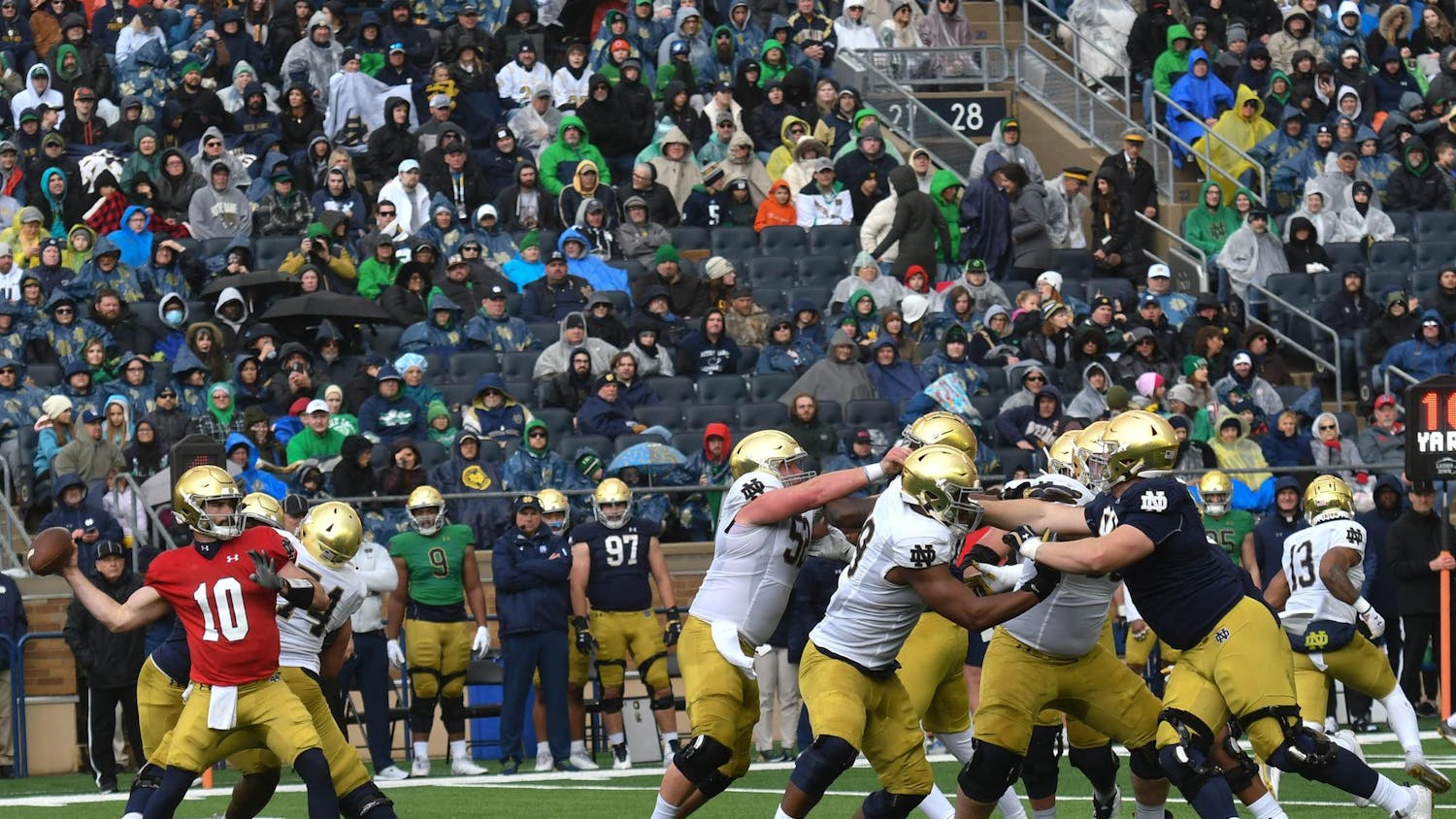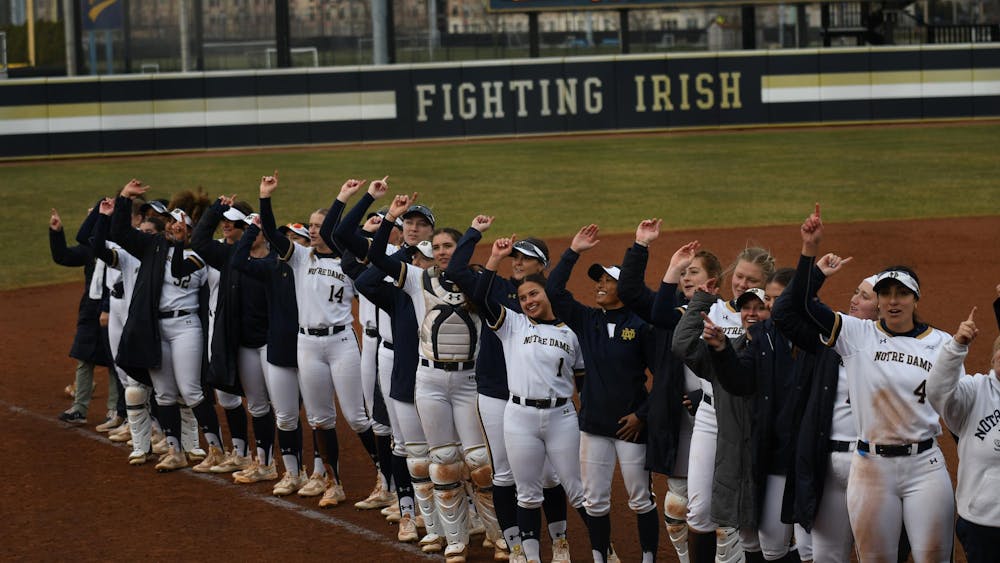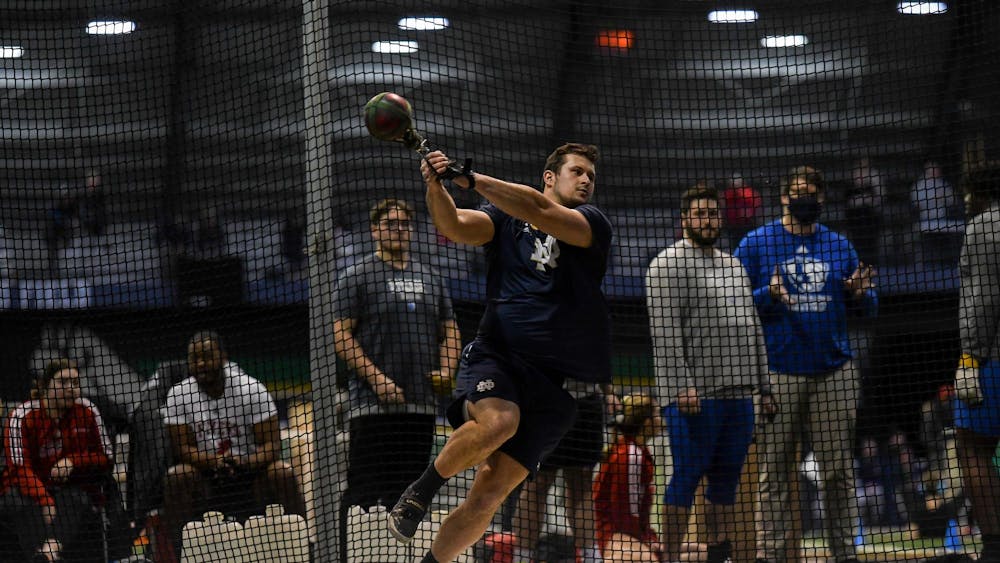In the midst of the College Football Playoff conversation picking up heat and the MLB playoffs kicking off, college basketball is quietly enduring a massive scandal as coaches, business executives, agents and players alike prepare to testify in a federal court case that began Tuesday in New York. However, as the investigation is picking up steam, no one seems to care. When the term “college basketball” is searched on google, only four of the top 10 results even mention the scandal, with articles about a Larry Bird look-alike winning out over the fate of college basketball as an institution.
My love for college basketball runs deep, well beyond the three weeks in March when the rest of America rallies behind Cinderella stories and the hope March Madness provides. One of my most vivid memories is celebrating Christian Watford’s 2011 buzzer beater over Kentucky alone in my kitchen on a random Saturday in December. This deep loyalty is why I’m disappointed, but more importantly, I recognize the importance this case has in the direction of college sports, and arguably college athletics at large.
A bit of background into this whirlwind saga: Back in September of 2017, the FBI made 10 arrests, including four assistant coaches from Power Five conferences, an Adidas executive and sports agent Christian Dawkins, on accounts of fraud and corruption. Over the past year of the investigation, a number of different groups have been implicated, including up to 25 schools and partner companies of Nike. The allegations claim that Jim Gatto, representing Adidas, and similar companies used Dawkins and other “middle men” to pay elite high school players large amounts of money in exchange for their commitment to an “Adidas school,” or school with Adidas sponsorships, such as Louisville. These payments go as high as a staggering $150,000, supposedly offered to Brian Bowen, who first committed to the Cardinals before he de-committed after the revealings of the investigation and ultimately chose to play professionally in Sydney, Australia.
As the story has continued to develop, it more closely resembles an episode of “The Sopranos,” with all the key elements of organized crime — big money, white collar defendants and lack of loyalty as both sides are aggressively trying to flip the script. At this point, the New York district attorney’s office is arguing that Gatto committed serious crimes of corruption, focusing their efforts on targeting him. Meanwhile, Gatto’s defense team has chosen to not deny the charges, but rather claim that the violation of NCAA rules does not indicate a violation of federal law and that the universities are the culprits, trapped by their greed and evidence of a larger institutional problem with the priority of sports in higher education.
As the debate over notorious law against paying to play rages on, this case could have huge implications on the trajectory of college sports, particularly in the extremely profitable sports like basketball and football. The NCAA has continually deflected propositions of compensating players beyond their scholarship offers, but this case has highlighted the extreme web of money building if they chose to do nothing.
If this is the first time you’re hearing about any this, you’re not alone. This story has gone largely unreported on but has the potential to unhinge many athletic powerhouses. Don't be surprised if the coming weeks bring a slew of skeletons out of the closet as more teams and individuals continue to be drawn into the soap opera of organized crime. “Amateur” athletics could largely be shaped by the outcome of this case.













